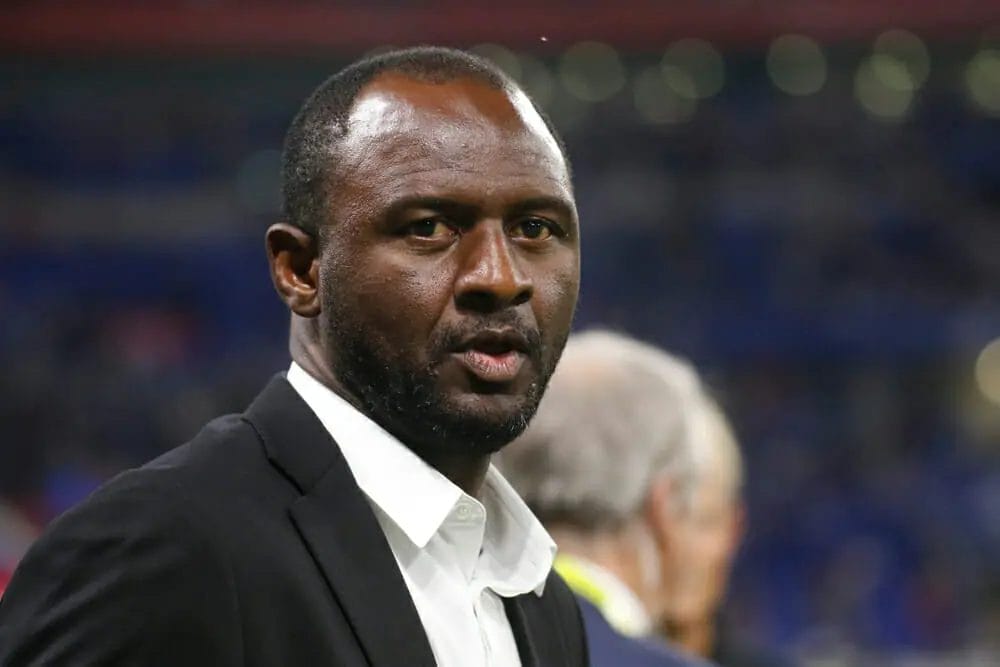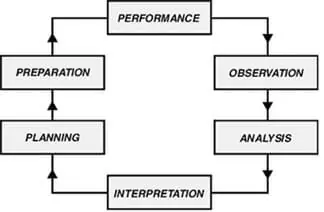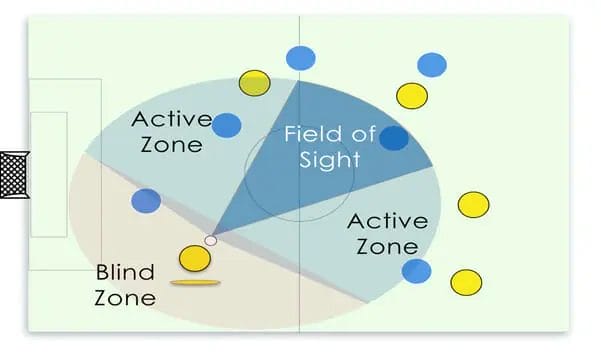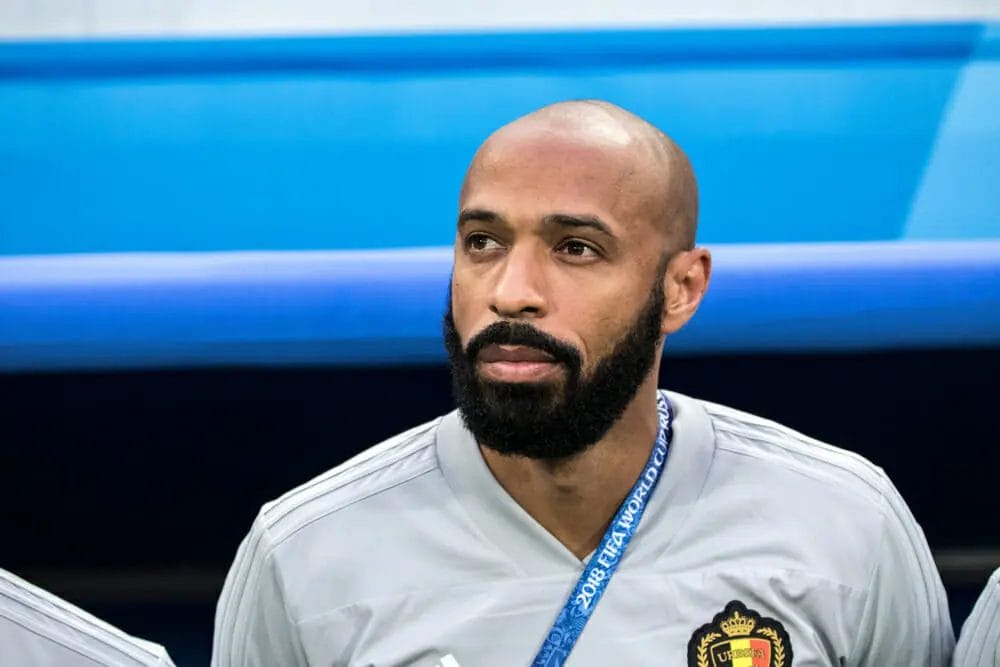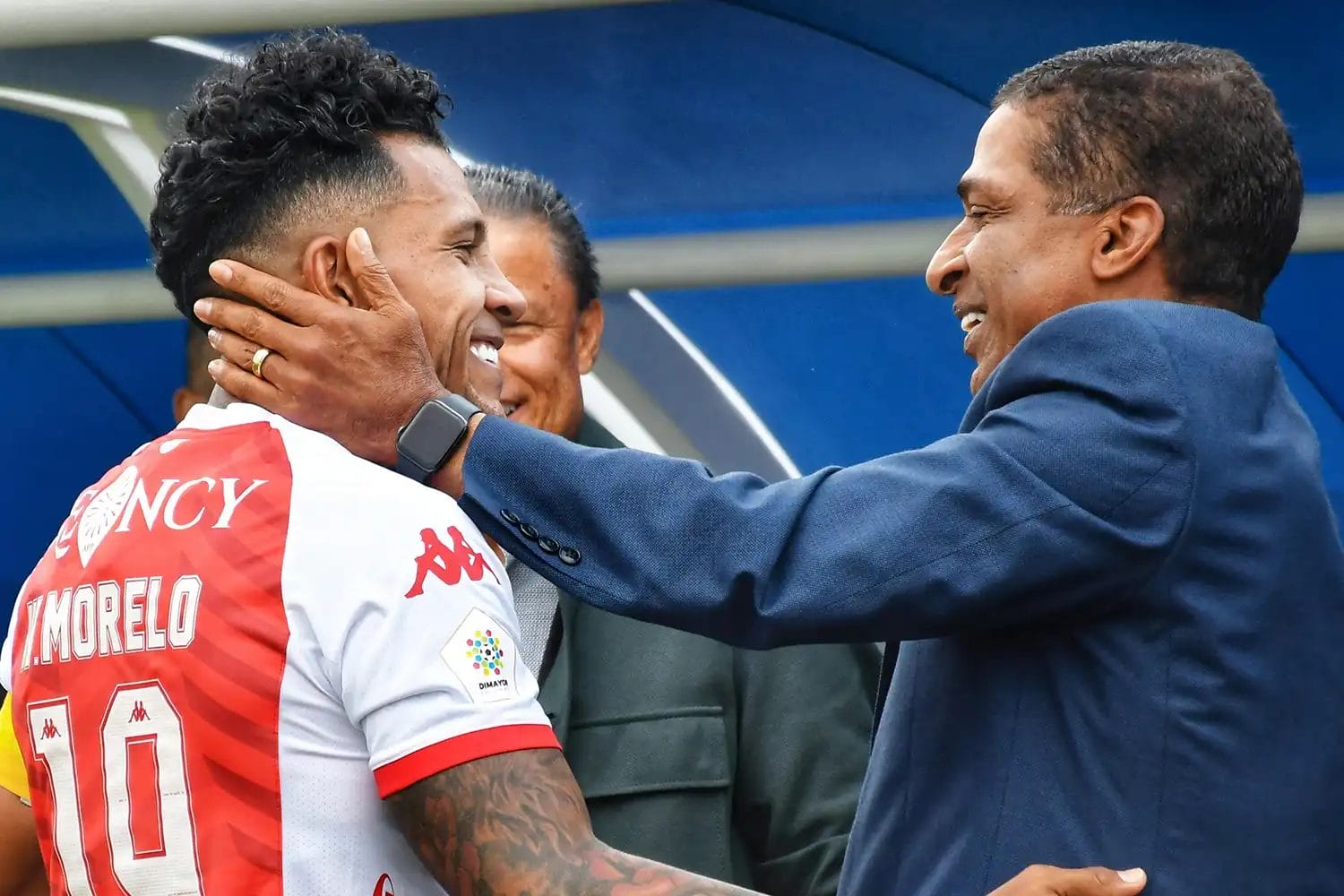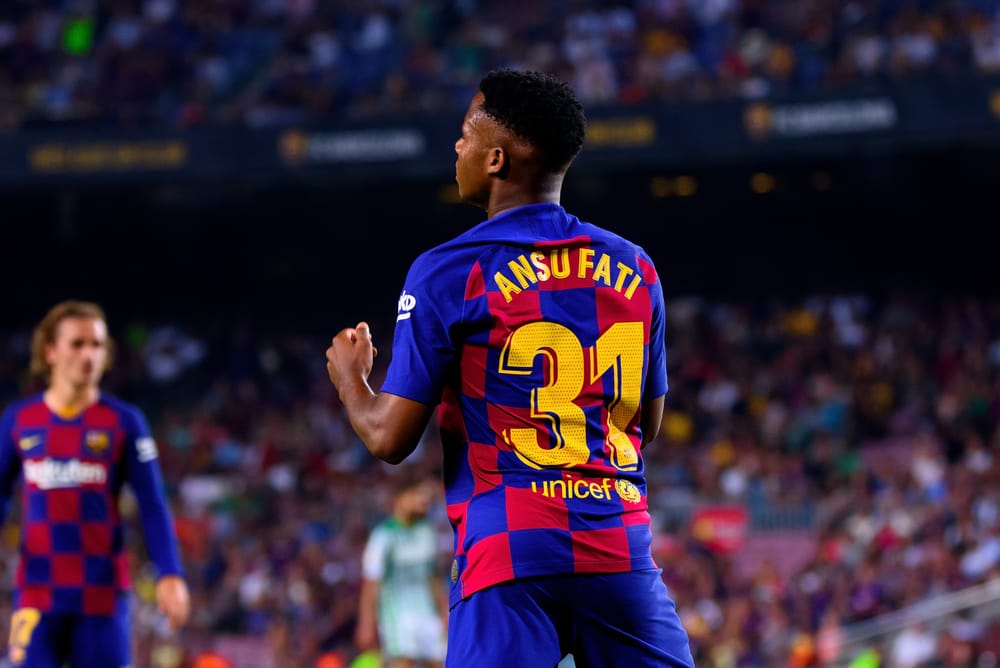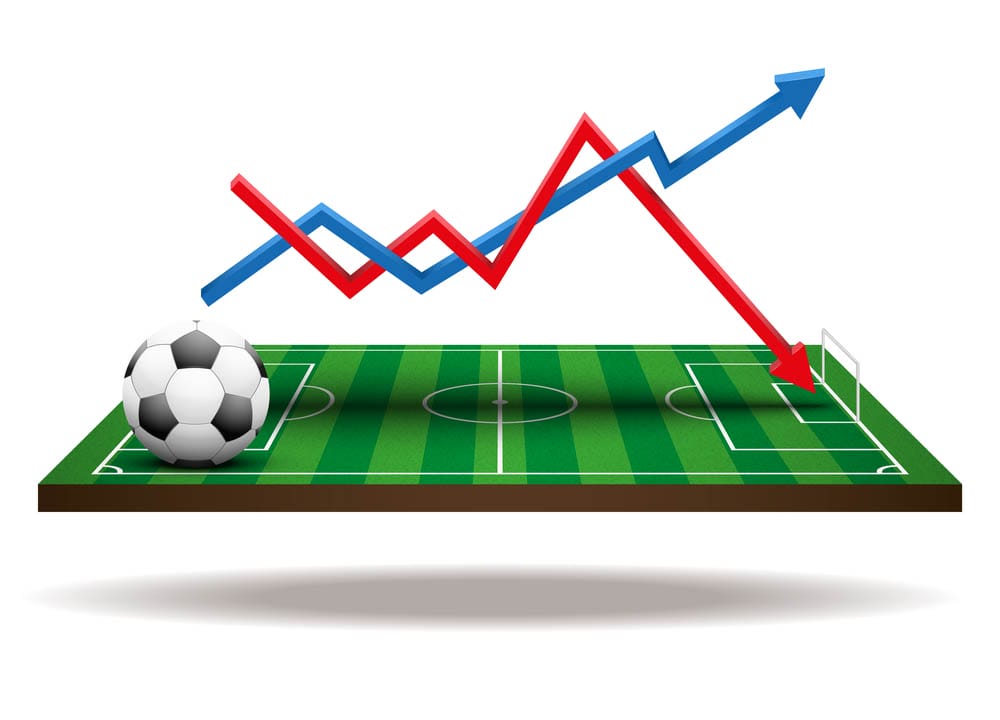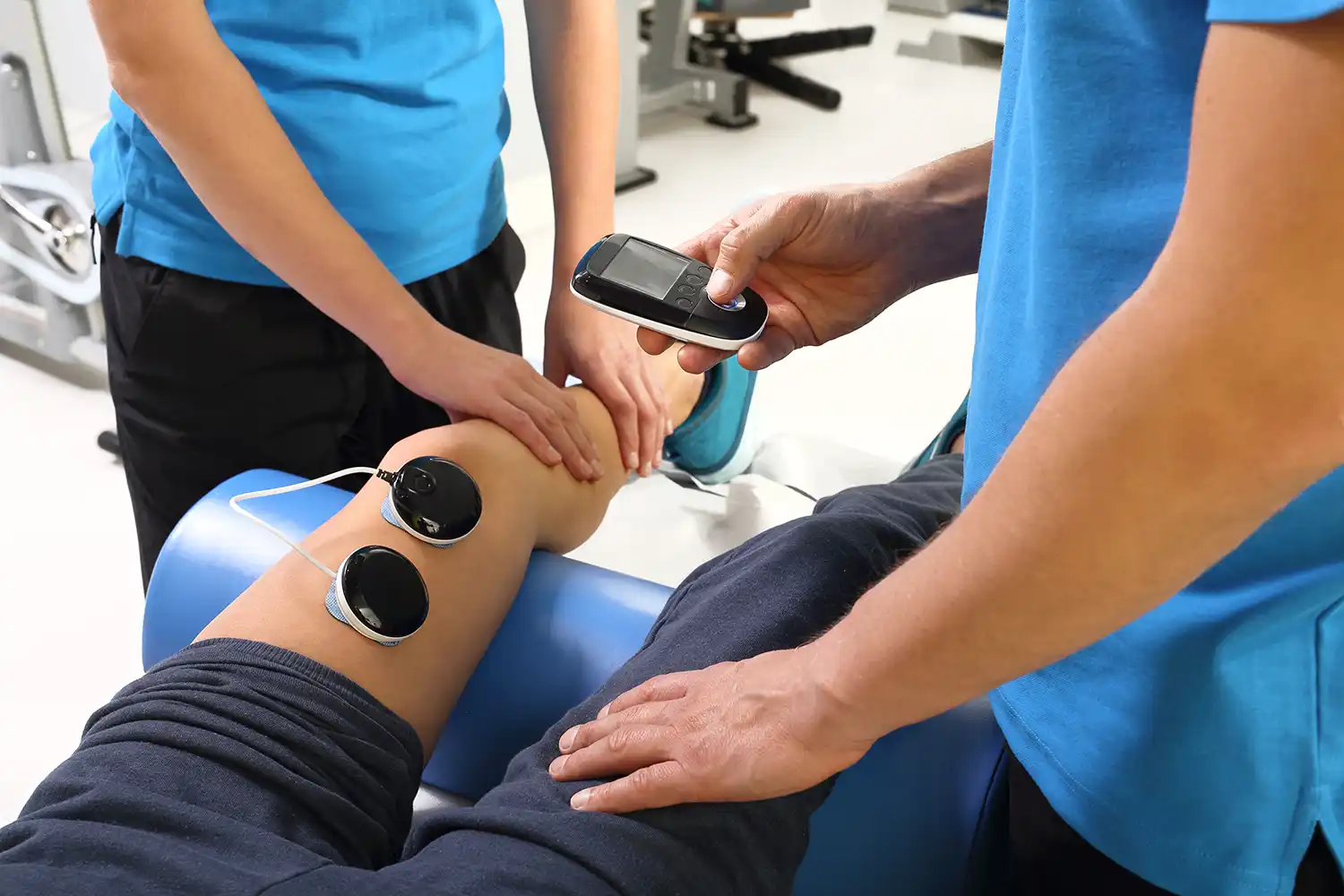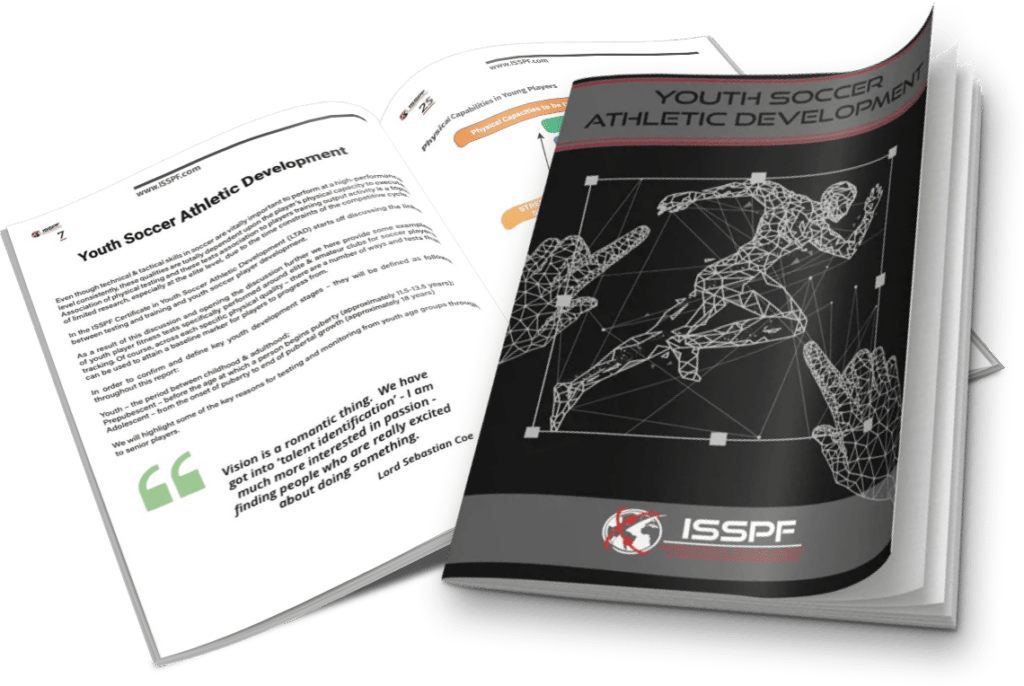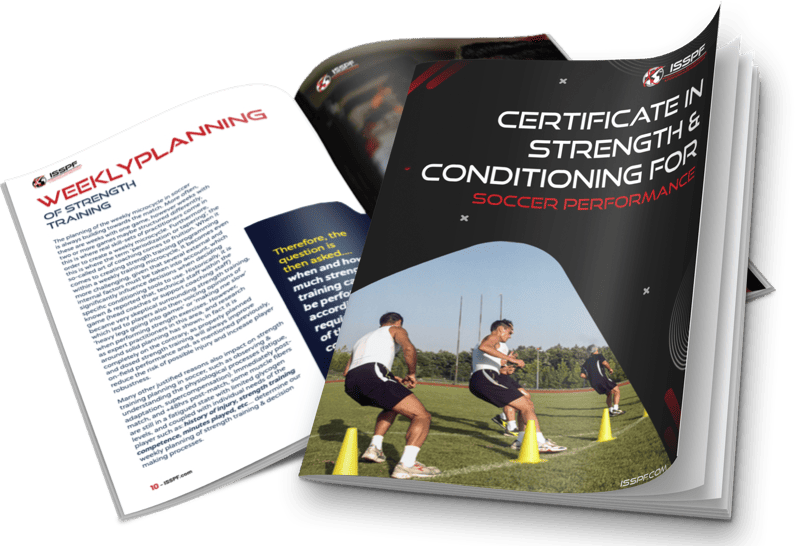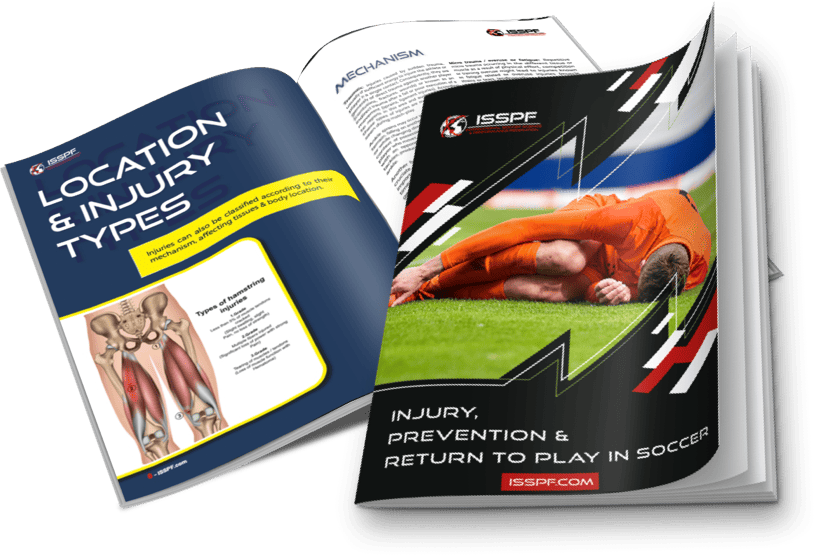“Post-match performance analysis, including video analysis, has become one of the most important elements of coaches’ roles in recent times…. It’s increasingly widespread now in soccer, and indeed allows me to evaluate good and poor performance”
– Andre Villas-Boas
Performance Analysis is Growing
The tactical analysis discipline of high-performance coaching has become one of the most important and highly utilised methods across many levels of soccer in recent times.
The exposure of this on TV, in the classroom as well as through online courses being developed is growing.
Performance analysis in soccer is the process of assessing performance to develop an understanding of soccer-specific technical, tactical & physical actions to inform players & coaches of better decision-making, whilst further supporting coaches and players to become more efficient with their practice & performance.
Recent literature in this area explained how;
“elite performance in sport had been attributed to innovations in sport science, technological advances, training systems and nutritional analysis”
However little attention had been paid to role of the coach and how they fit in with the modern day advances in sport science and technology.
Recently, an increased interest and research on match analysis in soccer, has led to the enhancement of observational systems and strategies to dissect a teams’ performance and player’s in-match behaviours (Abreu et al, 2012).
6 Componenets of a Coaching Cycle
Below is a simplistic diagram outlining the coaching cycle devised by Carling, Williams and Reilly (2007) highlighting 6 key components (Performance, Observation, Analysis, Interpretation, Planning and Preparation).
The authors highlighted how the analysis process concentrates specifically on analysing, evaluation and providing feedback on completed actions and movements.
Within the globally recognised & accredited ISSPF Soccer Science & Performance online sport science course we include an excellent opportunity to view the work of some elite practitioners and the detail they show in this key area of analysis.
From this, you will then see how it fits in the daily working environment for coaches & performance practitioners.
The Coaching Cycle
According to many studies & reports in this area, performance analysis is now one fundamental component within the coaching process.
This is where the ability of coaches to assess performance, diagnose problems and provide corrective technical information is central to effective coaching (Lyle 2002).
Kidman and Hanrahan (2011) specifically identify in their recent article that the use of video analysis plays a key role in the coach’s toolbox when analysing performance & feedback provision from to athletes, especially football players.
It was recently explained that video-based performance analysis is so prevalent within sports such as soccer, that the majority if not all, professional teams engage in this form of performance analysis from a unit, individual & collective approach.
This is a statement shared by Williams (2013) who explains that there is;
“a plethora of commercial computerized performance analysis systems and software that exist in soccer”
However not all need to be expensive to have a positive impact, and it can be done across a range of levels of play from youth to senior, professional to amateur.
Below is an example of the work by ISSPF faculty member Slawomir Morawski, who uses some of the most detailed and recognised visuals to implement a methodology.
The Point of Information Gathering
The main reason for the gathering of this information, is in order to develop an understanding of the sport, that can further inform the decision-making processes carried out by those who are seeking to enhance their sports performance.
Tactical analysis is fundamental within the coaching process & can afford coaches with the opportunity to identify match features of game events, and furthermore information that is crucial in achieving enhanced sports performance by the individuals and the team.
Additionally, it allows coaches & performance staff to ascertain whether or not their coaching philosophy or game model is being brought to the forefront.
One of the ISSPF faculty members Dr. Filipe Clemente is a well-known analyst, researcher and expert in tactical development & analysis.
Join Our Soccer Science Performance Course
The demand for sports science, physiotherapists, analysts, and performance & coaching specialists in football & team sports is growing year upon year.
Thousands of students are leaving university with a sport science degree, physio or therapy related qualification, however many of them asking the key question – What now?
- How do I get a job in football?
- What’s the next step?
- Which area of sport or football science & medicine do I want to specialise in?
This is certainly an interesting question as progressing from completing a coaching, sport science degree, medical or therapy-related degree to then working in professional football & trying to understand all the key components, and soft skills that come with jobs in football or careers within sport is complex.
As a result, the bespoke courses developed by ISSPF Elite Medical, Analysis & Football Science Faculty members are a way of further exposing learners, professional coaches, students, or other individuals interested in football science with a thirst to develop & upskill further.
The link below will take you to the hugely popular & expertly designed ISSPF endorsed & University & Football Association accredited Soccer Science & Performance online football science and football course, where you will be exposed to football coaching & coaching science-led research, with practical examples used by the game’s leading practitioners.
Soccer Science Performance Introduction Course
What Does This Course Cover?
Outline of the Soccer Science & Performance Course:
Module 1: The demands of professional soccer: Physiological costs of the game
Lecturer: Dr. Vasilis Kalapthorakos (Greece)
Topic: Physiology
Module 2: Developing Resilience in Soccer: Mental Skill Development
Lecturer: Nikki Crawley (England)
Topic: Psychology
Module 3: Game model building & development: Reinterpreting Tactical Periodisation
Lecturer: Dr. Alejandro Romero-Caballero (Spain)
Topic: Training Methodology
Module 4: Injury reduction strategies in professional soccer
Lecturer: Dr. Patrick Orme (England)
Topic: Injury Prevention
Module 5: Leadership and Culture for High Performance Soccer
Lecturer: Maximillian Lankheit (Germany)
Topic: Psychology
Module 6: Current trends in leading European soccer teams: In-Possession
Lecturer: Chris Meek (England)
Topic: Performance Analysis
Module 7: Soccer nutrition & the role of the nutritionist
Lecturer: Matthew Jones (England)
Topic: Nutrition
Module 8: Competitive soccer training microcycle: Structure & justification
Lecturer: Dr. Manuel Segovia (Spain)
Topic: Training Methodology
Soccer Science Performance Introduction Course
Share this article:

